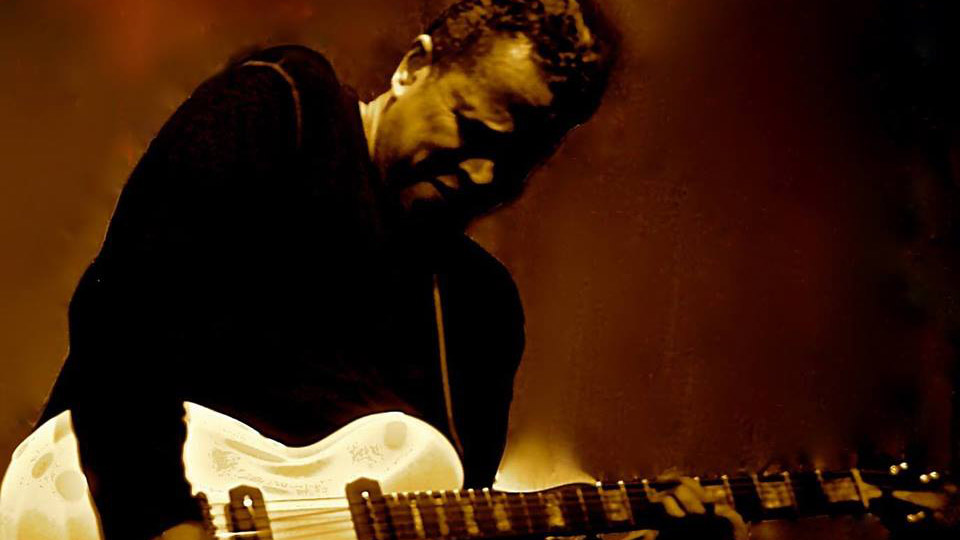
Introduction
In 1983, New York guitarist Eddie Martinez got a call from an old friend, producer Larry Smith, to come down to Greene Street Recording in SoHo to play guitar on a session he was overseeing.
“It was a rap track, and the music was very sparse at first,” Martinez recalls. “There was a DMX drum machine, some bass that Larry played, and some scratching. That was it. Larry was like, ‘I want some rock shit on this. I think it might sound good.’”
Martinez began layering crunchy rhythm guitars, and then he added soaring harmonies and screaming solos. At the end of the day, the track - Rock Box by Run-DMC - was an earth-mover both sonically and culturally, becoming the first rap video to be played on MTV.
“I knew we had something cool,” he says, “but I didn’t have any idea that it was revolutionary or that we were pioneering a new genre - rap-rock. I just remember walking out of the session thinking, ‘That was a good day’s work.’”
In the years following that “good day’s work,” Martinez has become one of the most in-demand session and touring guitarists around - his punchy guitars on the late Robert Palmer’s Addicted To Love and Simply Irresistible helped to lift those cuts to the top of the charts.
“Working with Robert remains one of the biggest thrills I’ve ever had,” Martinez says. “He was creative, intelligent, caring, and my God, what a singer. They don’t make many like him.”
Martinez chalks up his success to an undiminished love of playing and collaborating, along with an egoless dedication to making songs work, no matter how much or little he plays on any given track.
“It’s all about having your homework done before you even walk into the studio,” he notes. “You should be thinking of parts the night before a session. Or when you’re going to the gig, you can run the song down in your head. Have a bunch of parts ready. Give the producer or artist some choices. Be prepared - I can’t stress that enough. Whatever you do, don’t show up cold. That red light will come on and you’ll have nothing.”
He pauses, then adds with a laugh, “I’ve seen it happen. The producer will look at a musician and say, ‘Got any ideas?’ You can always tell the dudes who did their homework and the ones who didn’t. Don’t be that guy who didn’t.”
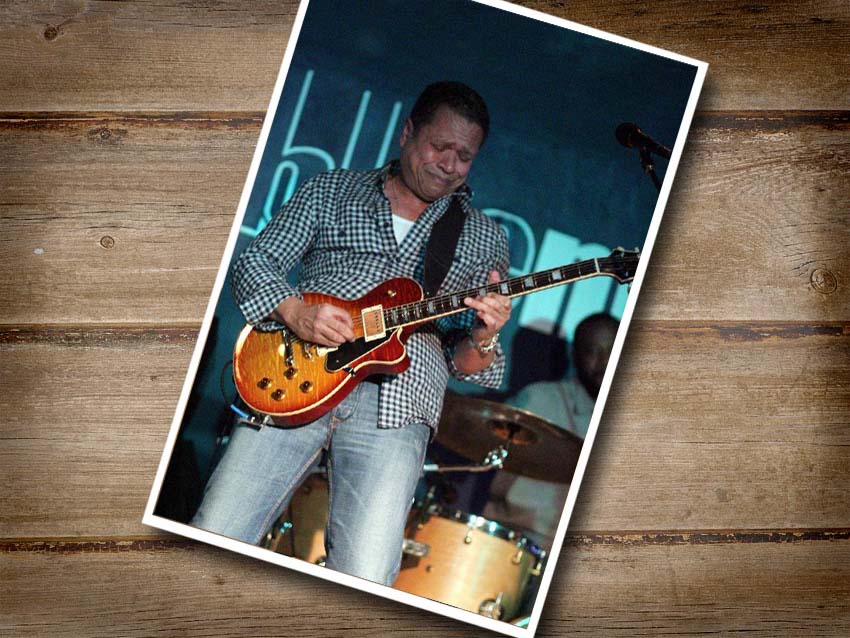
1. Serve the song
“You need to remember why you’re there: to serve the song and the artist. Avoid being self-indulgent. The process is a collaboration between the artist, producer and musicians.
“I’ve seen guys screw this up so many times. They try to force a square peg into a round hole, trying so hard to hold on to their identities by overplaying and overwhelming the sound. You can’t force your style onto a song if it’s not supposed to be there. That’s the easiest way to having your tracks erased and hearing some other dude on the radio, playing what you originally recorded.
“You have to pick your moments. Look for the pockets where you can throw in a little lick or something interesting. If you’re smart and cool, that little thing you do might be what really works - it’ll turn into something big. But you can’t go crazy trying to fill up each and every spot. Be judicious.
“Basically, you have to develop your ears and remember that it’s not about you. It’s about the artist and the material. Try to hear what the finished song needs to sound like, and work from there. Keep that ego in check.”
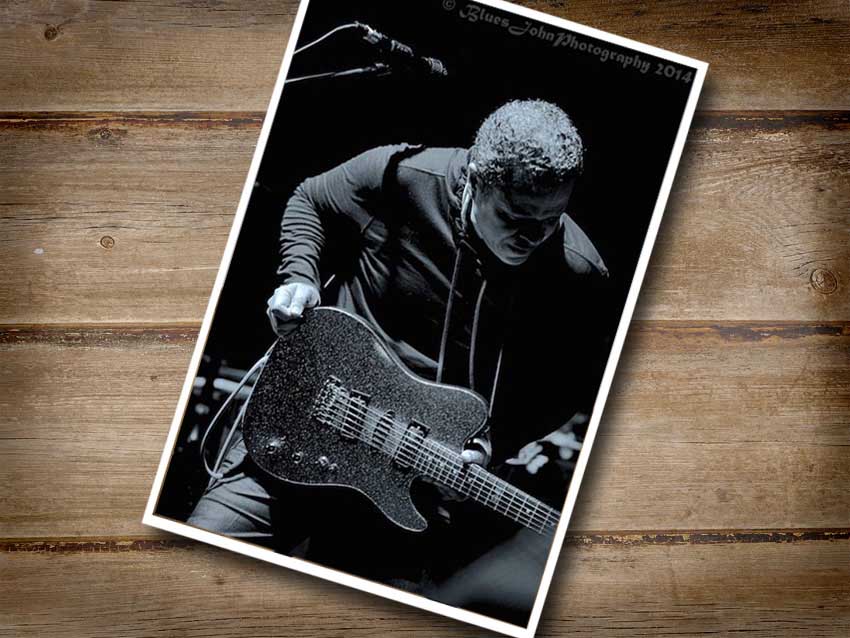
2. Listen
“This is part of serving the song. Listen. Develop your ears. If you’re new to the recording process, just sit back and listen to what the seasoned pros are doing. They’ll give you a sense of what you need to do and how you should conduct yourself.
“You have to be your own guy and bring your own style to the table, but you can only do that once you listen to the cats who have done this for years. They’ll give you a sense of what you need to do - and shouldn’t do. You’re not copying them; you’re picking up cues and learning good work habits. Believe me, it’s what they did. It’s how they got there before you.”
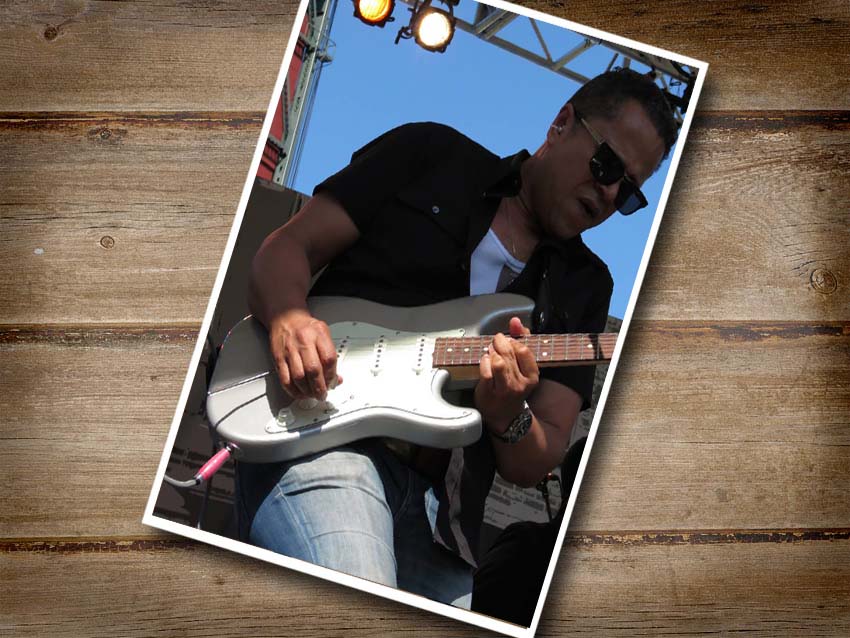
3. Make sure your gear is gig-ready
“No matter how much or how little gear you have, make sure it’s working and ready for the job. If it’s one guitar or a trunk of 10, make sure they’re all intonated properly and have fresh strings. The last thing you want to do is pick up a guitar and have an engineer say, ‘What’s wrong with that thing?’
“I’ve seen some players mess up gigs because their stuff wasn’t ready - strings that wouldn’t stay in tune, problems with buzzing. You have to remember: studio time costs money, and budgets are smaller than ever now. You don’t want to be the one working on your gear and trying to get it to sound right while everybody else is standing around.”
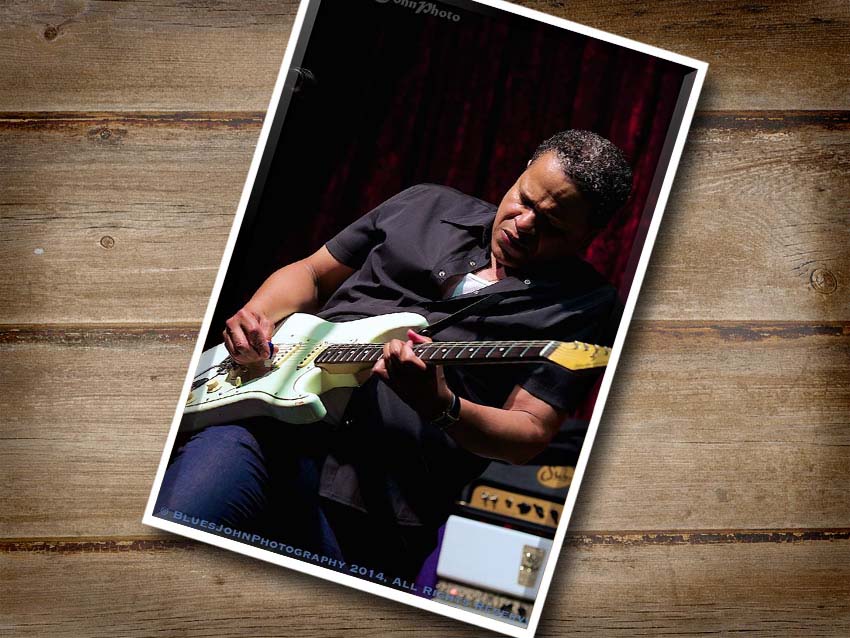
4. It's all about finding the right part
“This kind of goes with my earlier advice. Whether you’re playing on a pop tune or something heavy, you want to find that right part to enhance the song. Most of the time, that part isn’t on paper, and it might not be on a demo. It’s your job to find that part.
“I remember when I was playing with Run-DMC and Robert Palmer, it would sometimes be the smaller parts - those things that exist inside the tracks - that made the whole thing swing and come to life. You have to think of yourself as a back-up vocalist in many ways. What little call-and-response line can you slip in? What harmony can you add? Is there some kind of emotional response you can find within yourself that relates to what you’re playing?
“Pay attention to the song. Listen to the structure. And by all means, talk to the artist or producer - find out what they really want. They might say something, even in passing, and it’ll be all you need to find something really cool.”
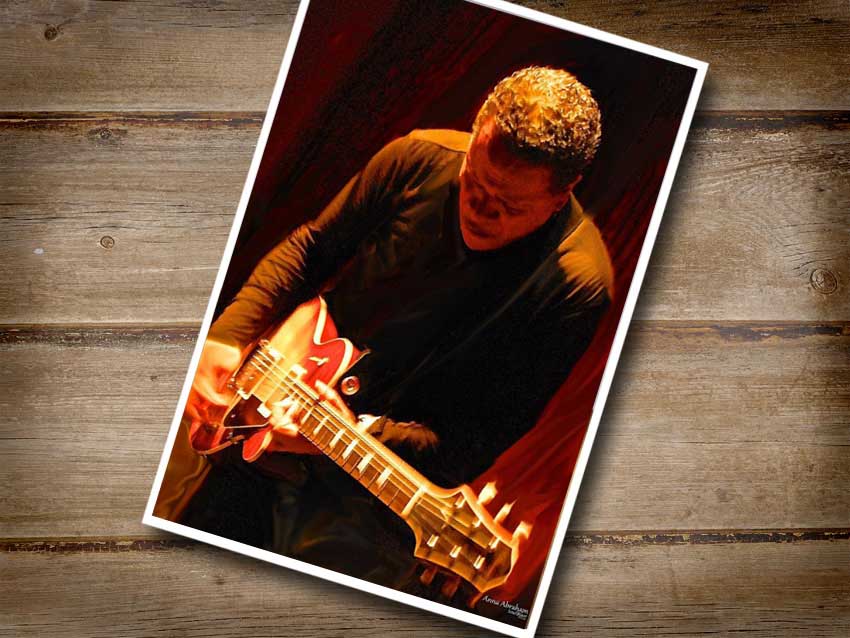
5. Love the guitar and all the styles of playing
“I love listening to guitar greats and studio session legends, no matter what the genre is. I’m still a fan. I love hearing George Benson or Vince Gill or Mike Landau. Lukather, Tommy Tedesco, Paul Jackson Jr., Michael Thompson - they’re all amazing. Oh, man, I could list so many players. This could go on for days.
“I remember doing a session with Hugh McCracken back in the day, and he just floored me. One of the best guys in the studio bar none. I learned so much watching and hearing him. And Robben Ford - what is there to say about him? Oh, my, I’m such a fan of all of these guys.
“I grab concepts from them - spirit. I don’t comp licks so much, but I kind of take their essence and hope that it comes out in my own playing. It’s not just what their fingers are doing; it’s the way their minds work. They respect the music and treat it with love, and that allows them to be unguarded and fearless. If you’re a real fan of the guitar, you’ll approach your own playing the same way.”
Joe is a freelance journalist who has, over the past few decades, interviewed hundreds of guitarists for Guitar World, Guitar Player, MusicRadar and Classic Rock. He is also a former editor of Guitar World, contributing writer for Guitar Aficionado and VP of A&R for Island Records. He’s an enthusiastic guitarist, but he’s nowhere near the likes of the people he interviews. Surprisingly, his skills are more suited to the drums. If you need a drummer for your Beatles tribute band, look him up.
